Eco-Friendly College Life: How to Move In and Live Sustainably
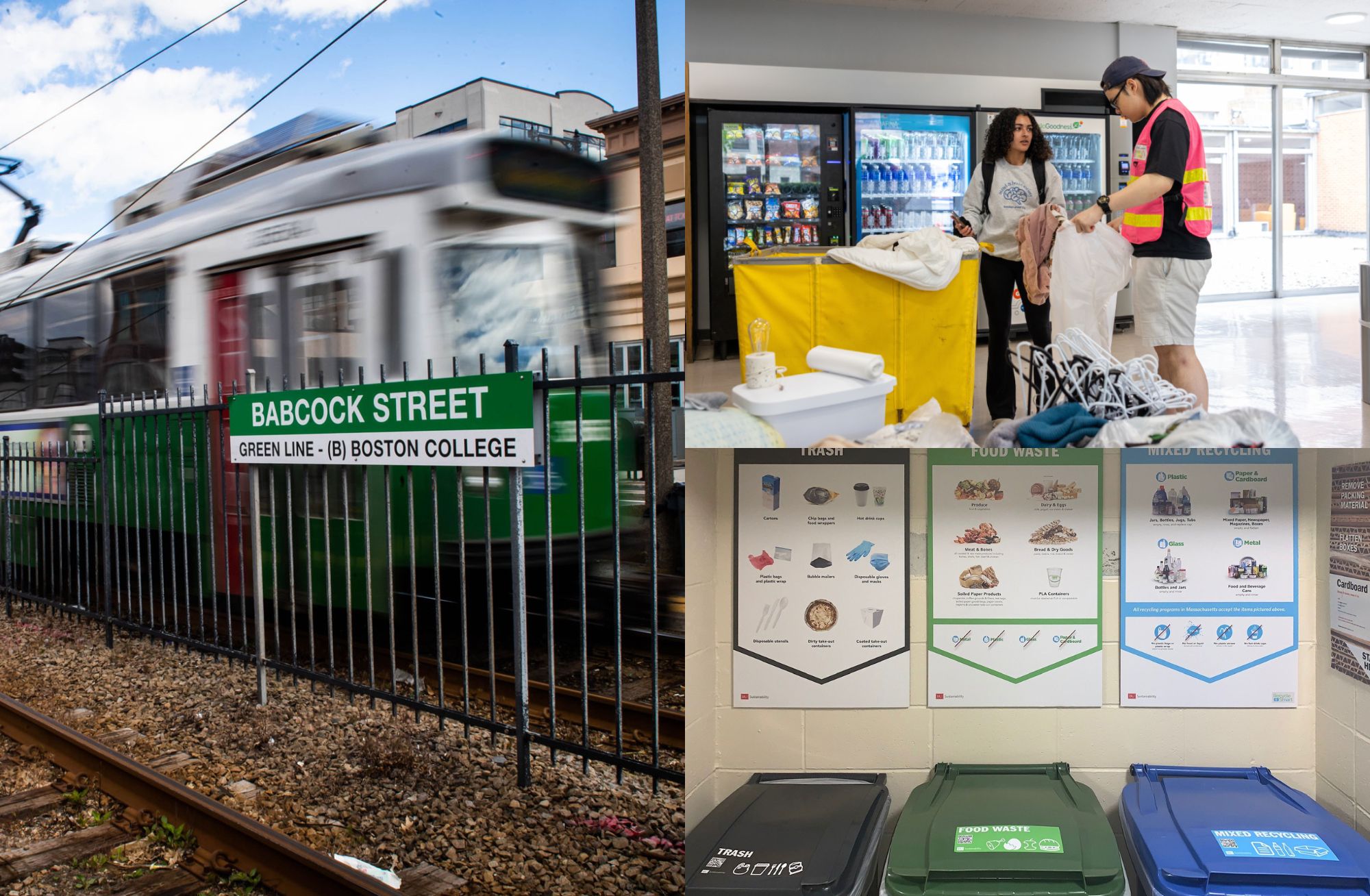
Eco-Friendly College Life: How to Move In and Live Sustainably
12 essential tips for an environmentally conscious college experience.
Getting ready for college can be stressful, and with that comes the questions: “Do I actually need that?” or “Will I ever use this when I’m at school?” As you pack your bags, our team at Boston University Sustainability has some tips for pulling off an eco-friendly Move-in and suggestions on how to live a more environmentally conscious lifestyle on campus.
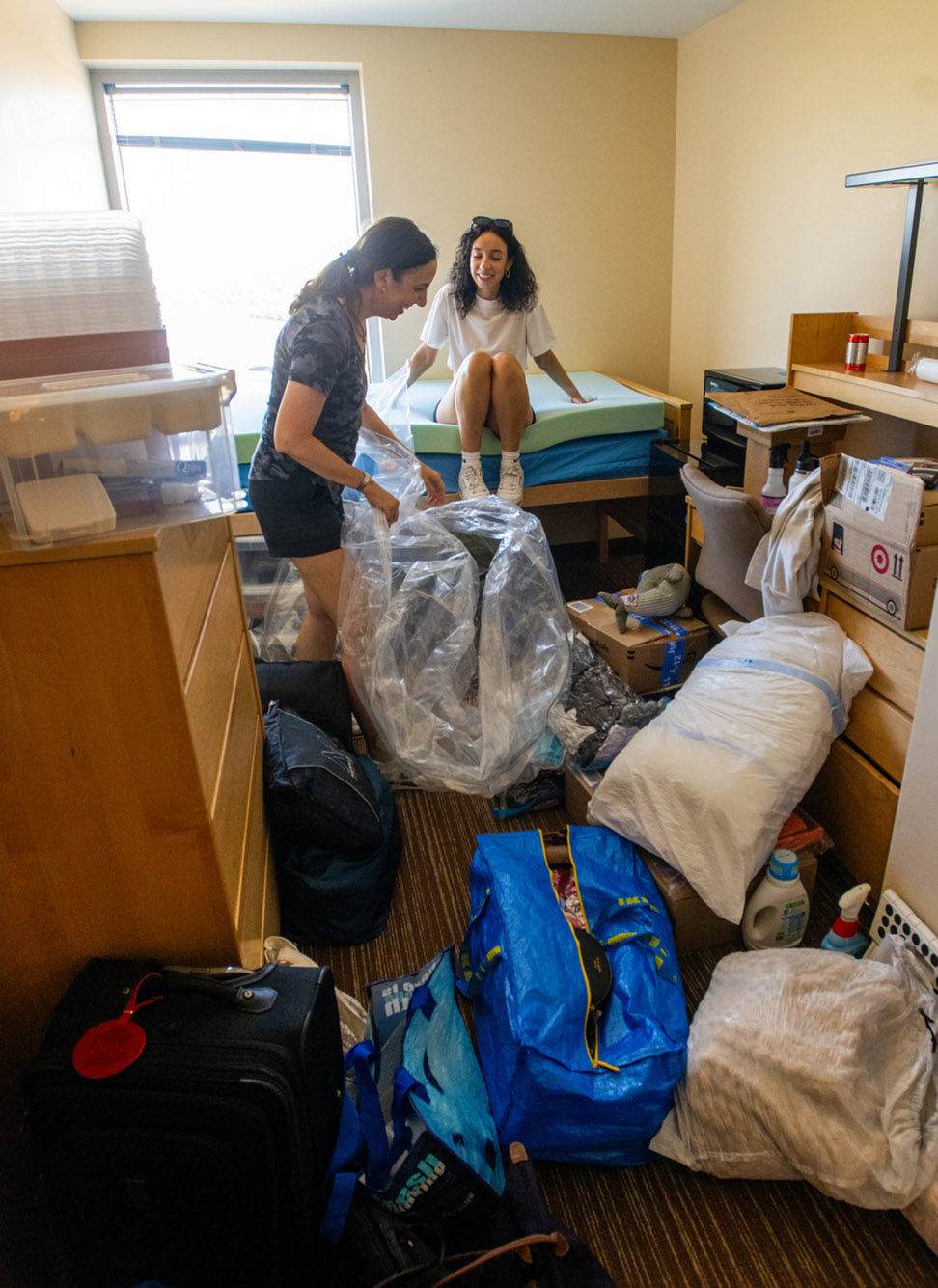
1.
Think before you buy
Before heading to Boston, check in with your roommate to figure out what items you might be able to share. That way, you can avoid purchasing things you won’t need or want. Also, consider what items you can buy secondhand at a more affordable price.
An added bonus: If you have less to unpack, you have more time to enjoy Boston.
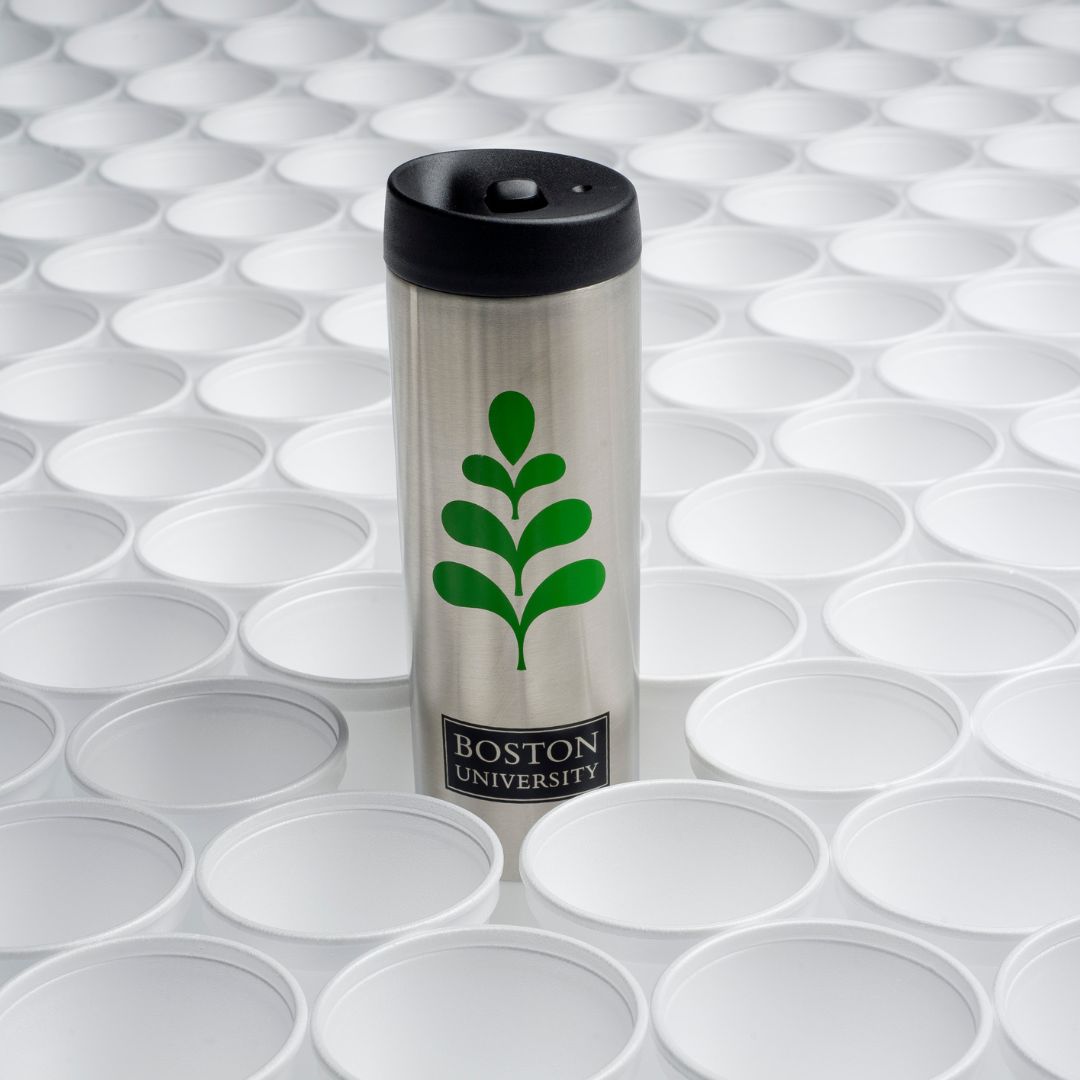
2.
Don’t forget your reusable water bottle and utensils
Reusable water bottles are a win for both the planet and your wallet. The average American can save $1,350 a year using a refillable water bottle rather than constantly buying disposables. Don’t buy cases of plastic water; instead, take advantage of the bottle-filling stations on campus. Some other great tips:
• Swap out paper towels for reusable cloth products. Your dorm will thank you for the extra space, and so will your wallet.
• Receive a discount on coffee at campus locations when you bring a reusable mug. The savings will add up quickly! 💵
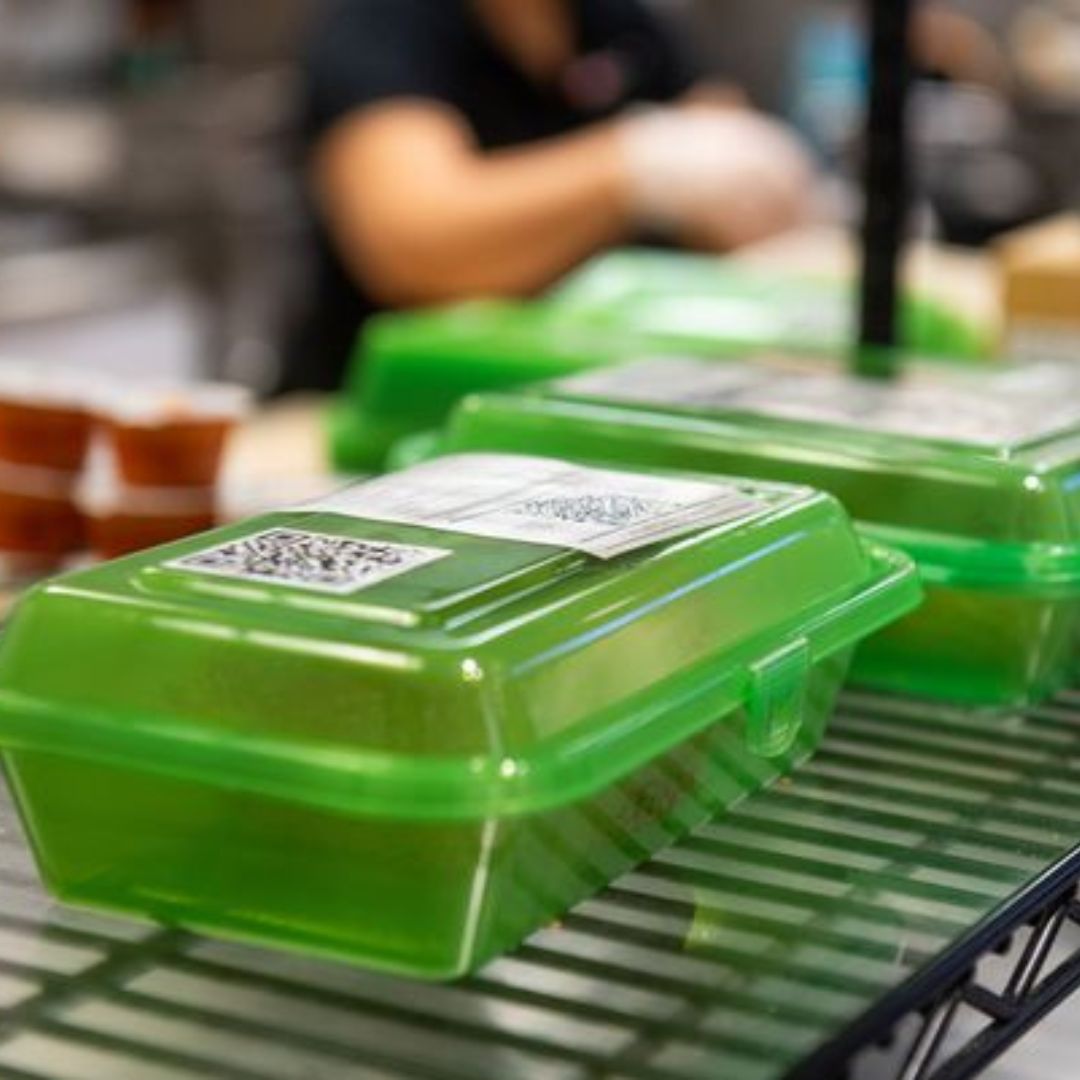
3.
Choose to reuse on campus
Save money and reduce waste by participating in BU Dining’s reusable to-go container program “Choose to Reuse.” Simply select “Choose to Reuse” when you order on campus using the Grubhub app. (And don’t forget to return the container.)
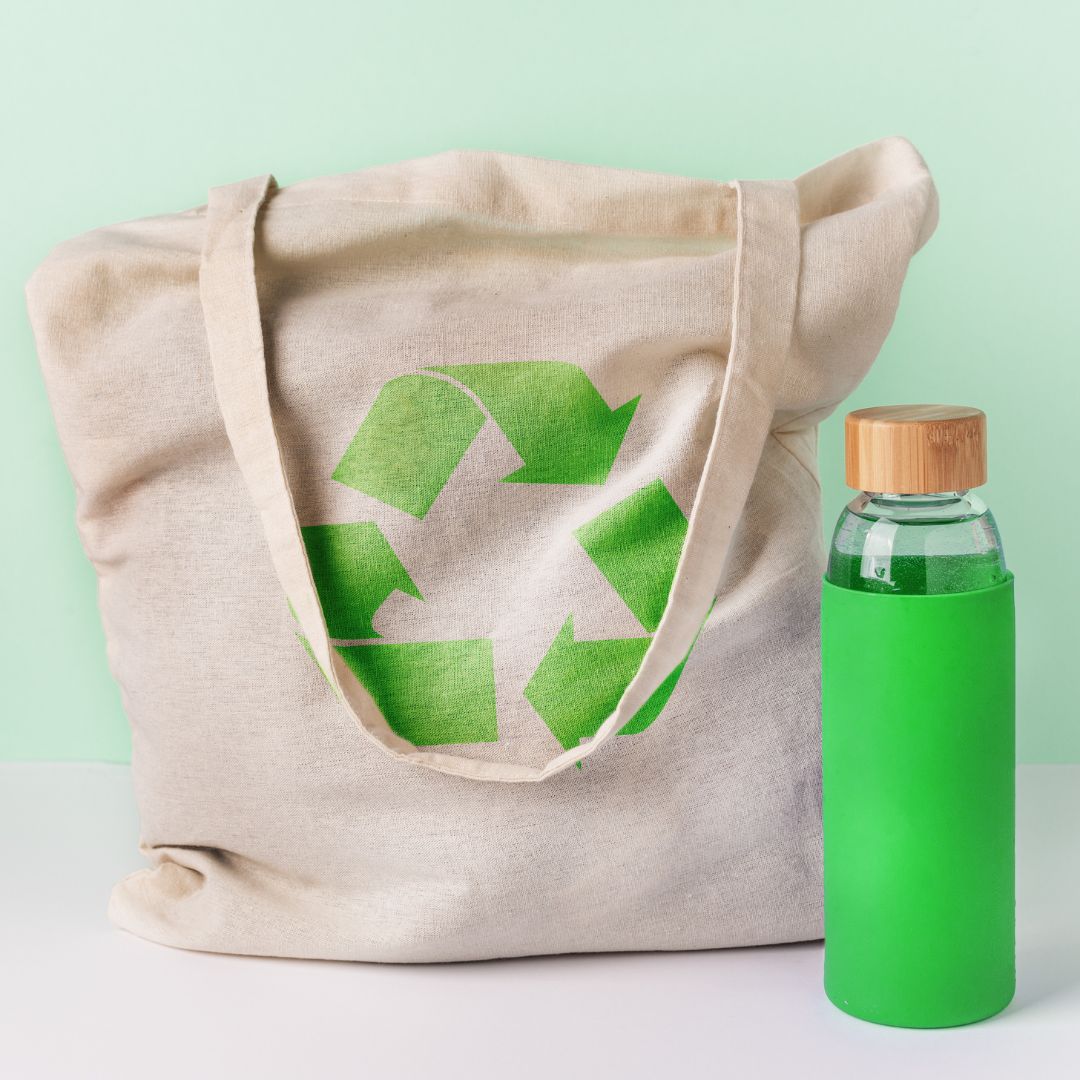
4.
Pack your things using reusable bags and bins
Instead of buying new cardboard boxes every year, use reusables like storage bins, sturdy bags, and suitcases. These will be lifesavers during your time at BU, especially when (before you know it) it’s time to move out. Also, Boston’s plastic bag fee means that when you buy something you’ll have to pay extra for each bag, so keep those reusable bags handy. All the cents add up.
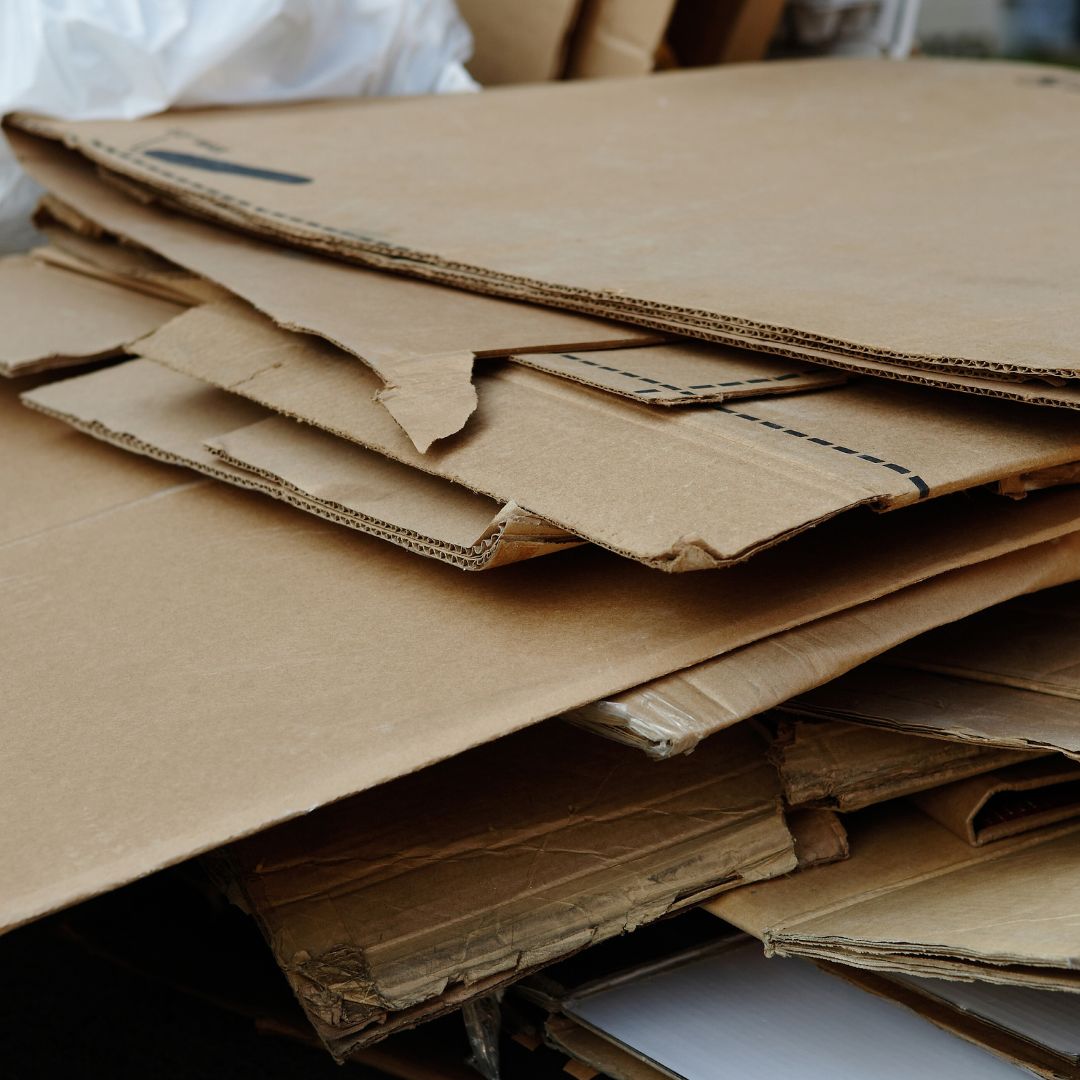
5.
Recycle your boxes
If you need to pack with cardboard boxes, don’t forget to break them down and recycle them in the designated areas during Move-in. Find cardboard recycling locations in every residential neighborhood.
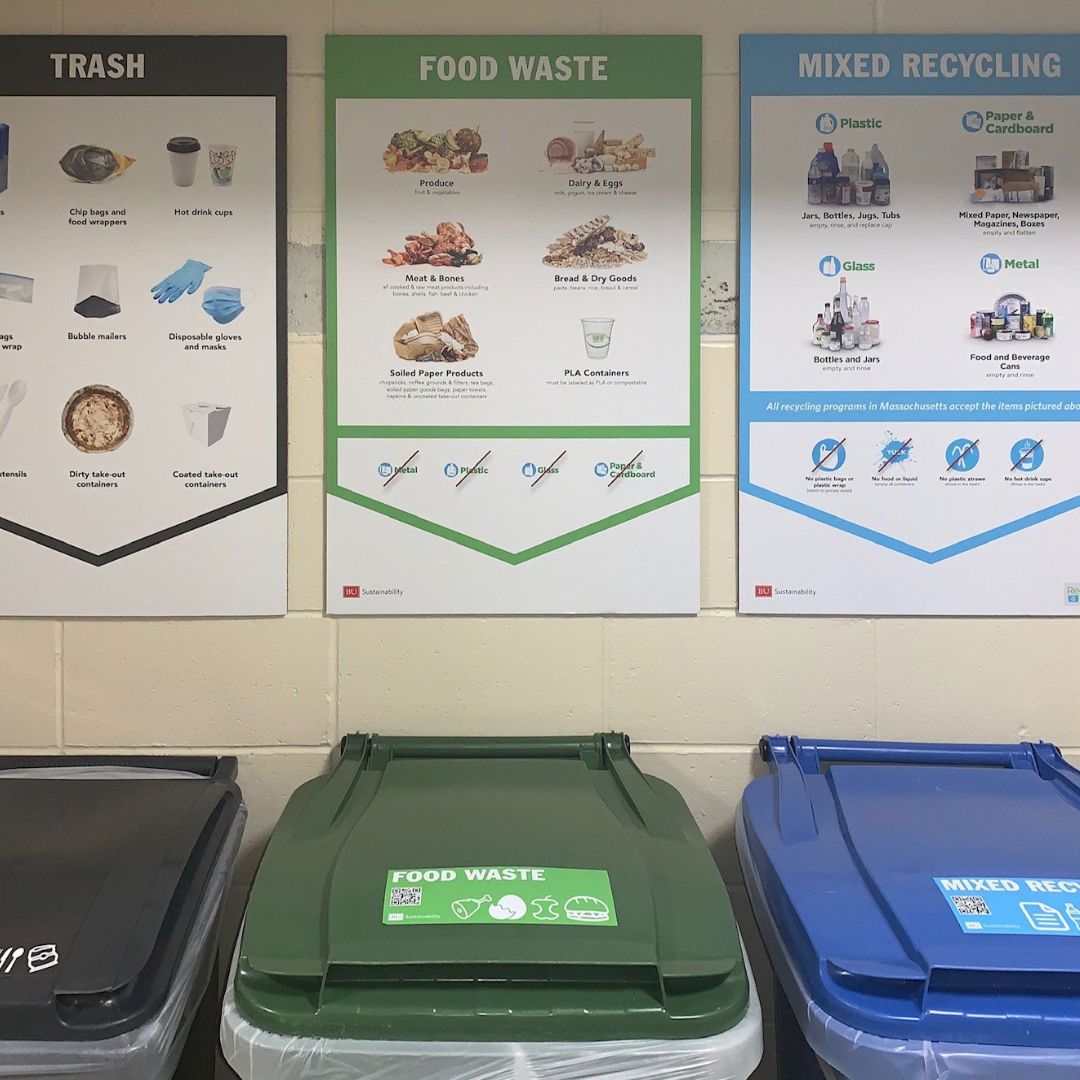
6.
Sort it out
How we recycle and compost here at BU may differ from the way you do at home. Make sure you read the signage carefully and sort it out. All residence halls have common area trash and recycling. Find locations here.
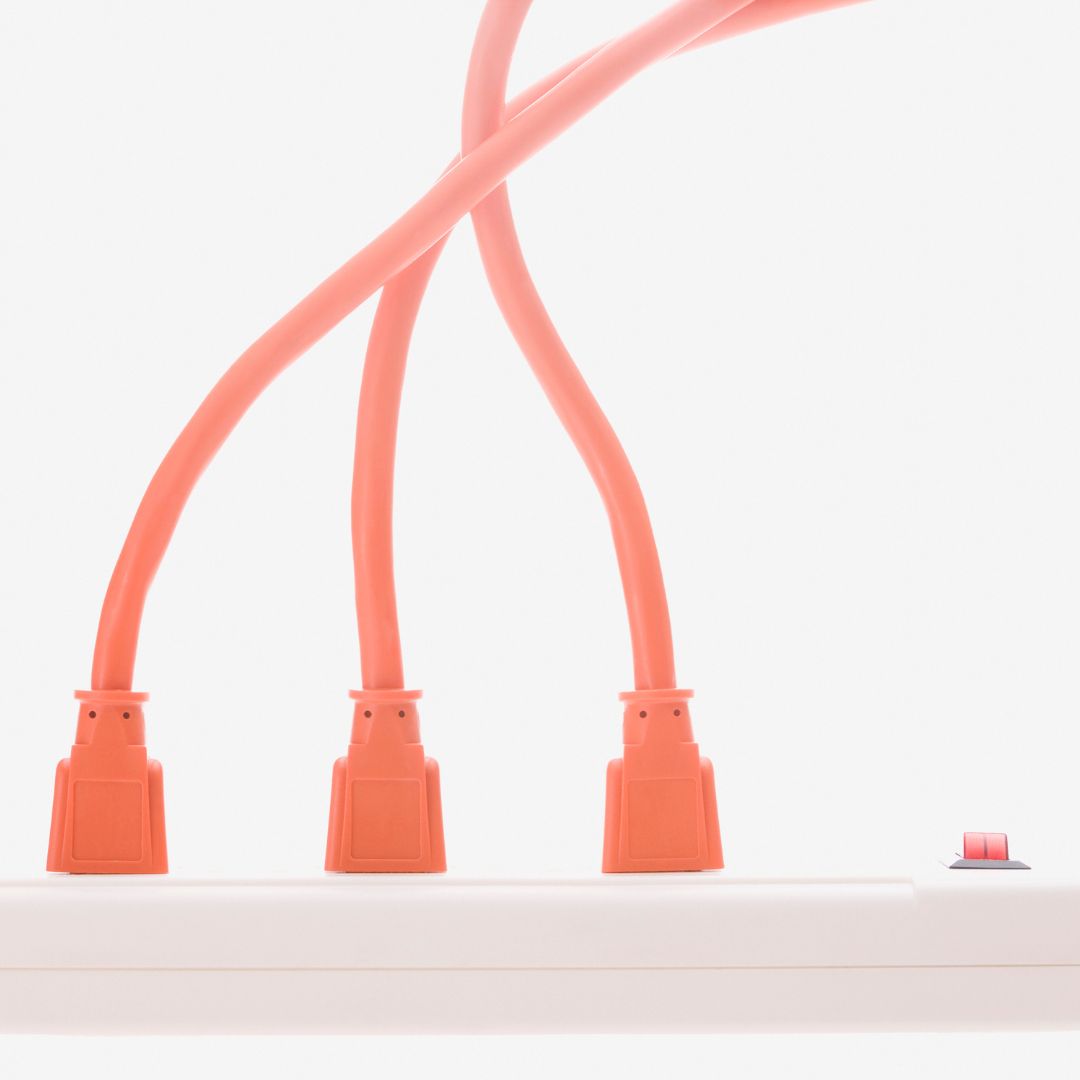
7.
Smart power and lighting
To reduce energy consumption, buy a smart power strip and turn off overhead lights (open curtains and let in natural light instead). Also, buy energy-saving bulbs for your desk and floor lamps.
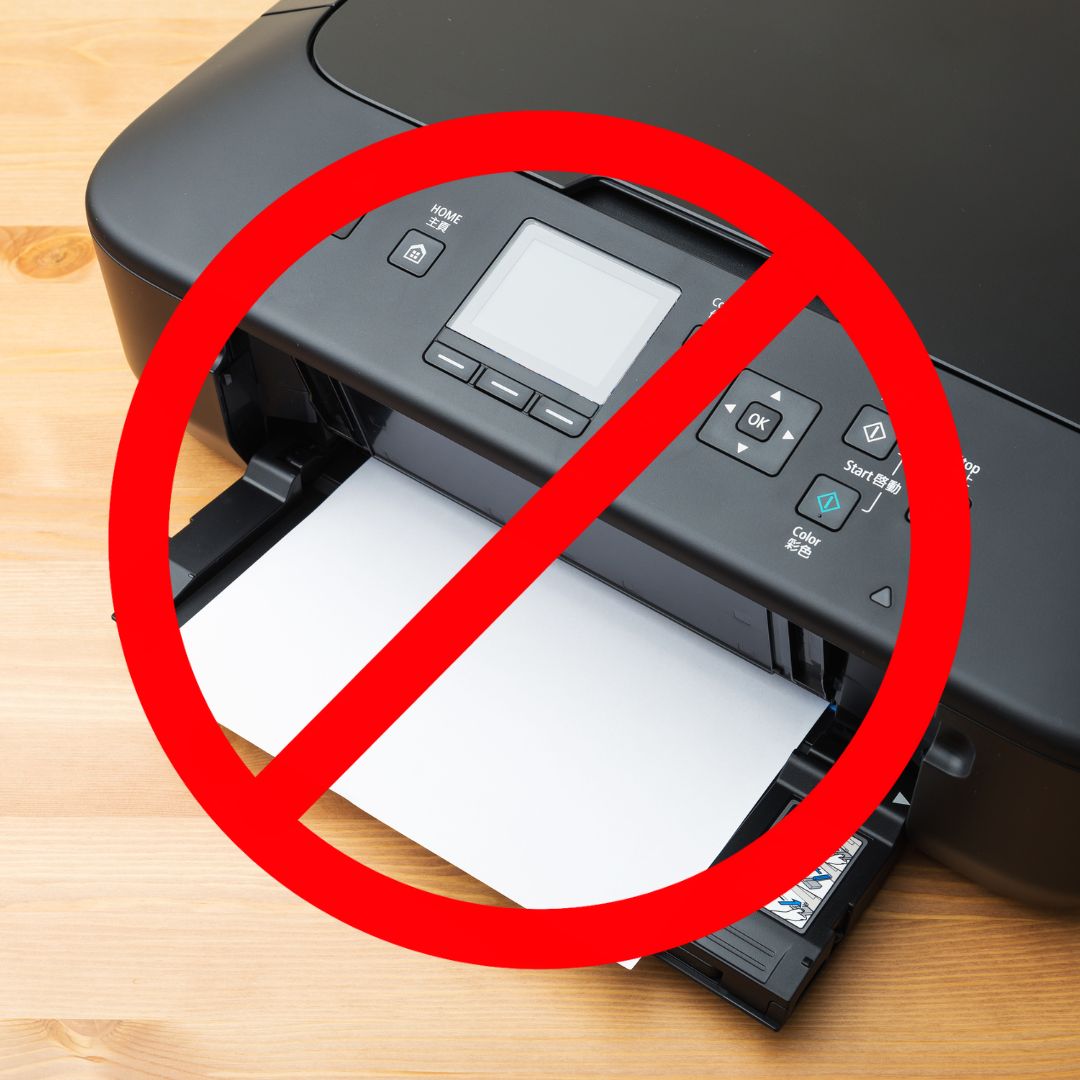
8.
Leave the printer at home
Don’t spend extra bucks on a personal printer (and those overly expensive ink cartridges). All dorms and academic buildings have printers, and BU gives every student a printing allowance.

9.
Clean smartly
When you come to college, it’s likely the first time you’re living on your own. A good tip: pick eco-friendly cleaning products to keep your dorm room spick-and-span. Look for certified green cleaning supplies, such as Ecologo, Green Seal, or EPA’s Safer Choice.
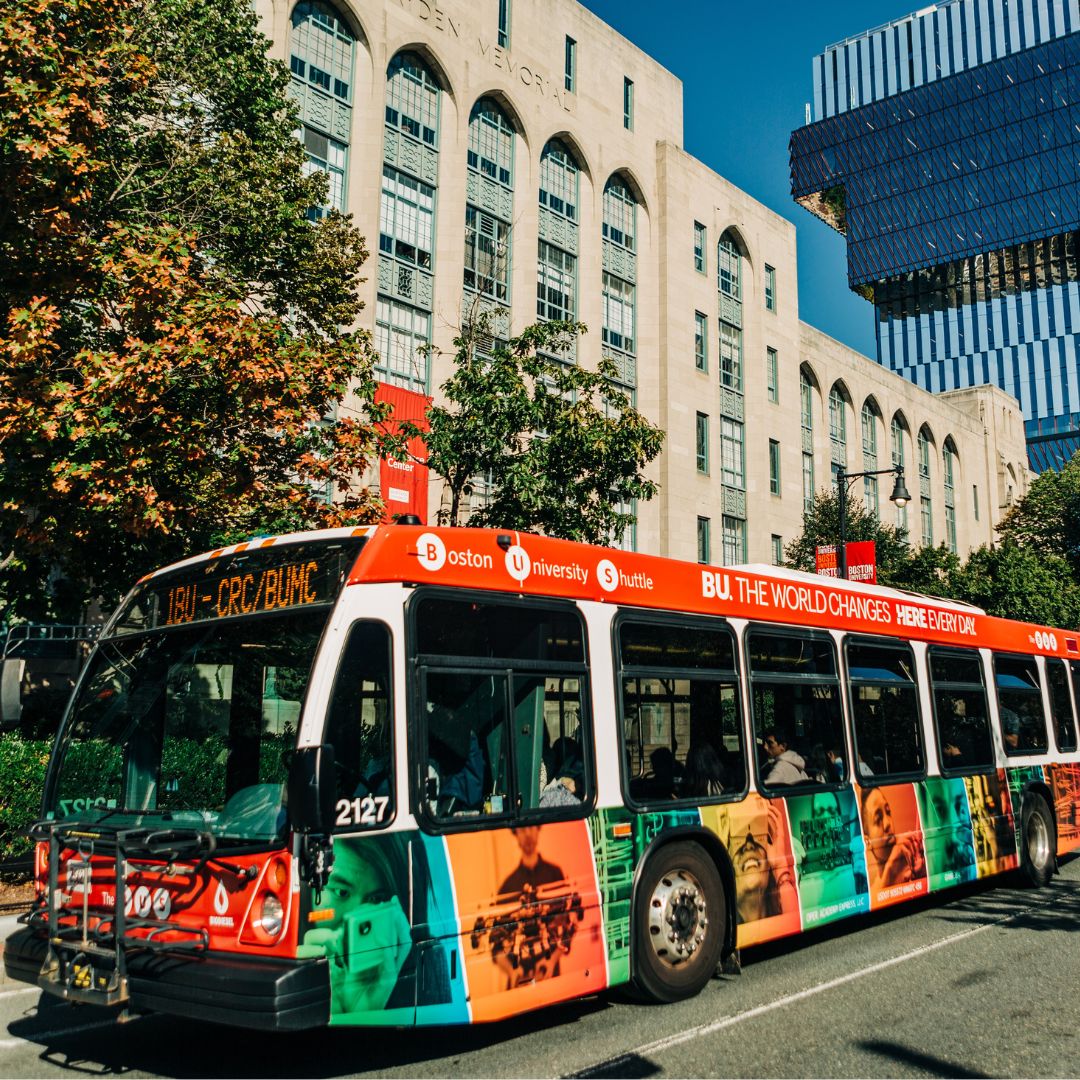
10.
We love public transit at BU
Hop on the T, catch the BUS (BU Shuttle), or take advantage of BU’s student discount for Bluebikes membership to get around. Choose from several money-saving options that also reduce your carbon footprint. Also, check out the BU Cycle Kitchen (BUCK), BU’s home for bicycling on campus. The BUCK offers free lessons on bike maintenance and repair, bike registration, and group rides.
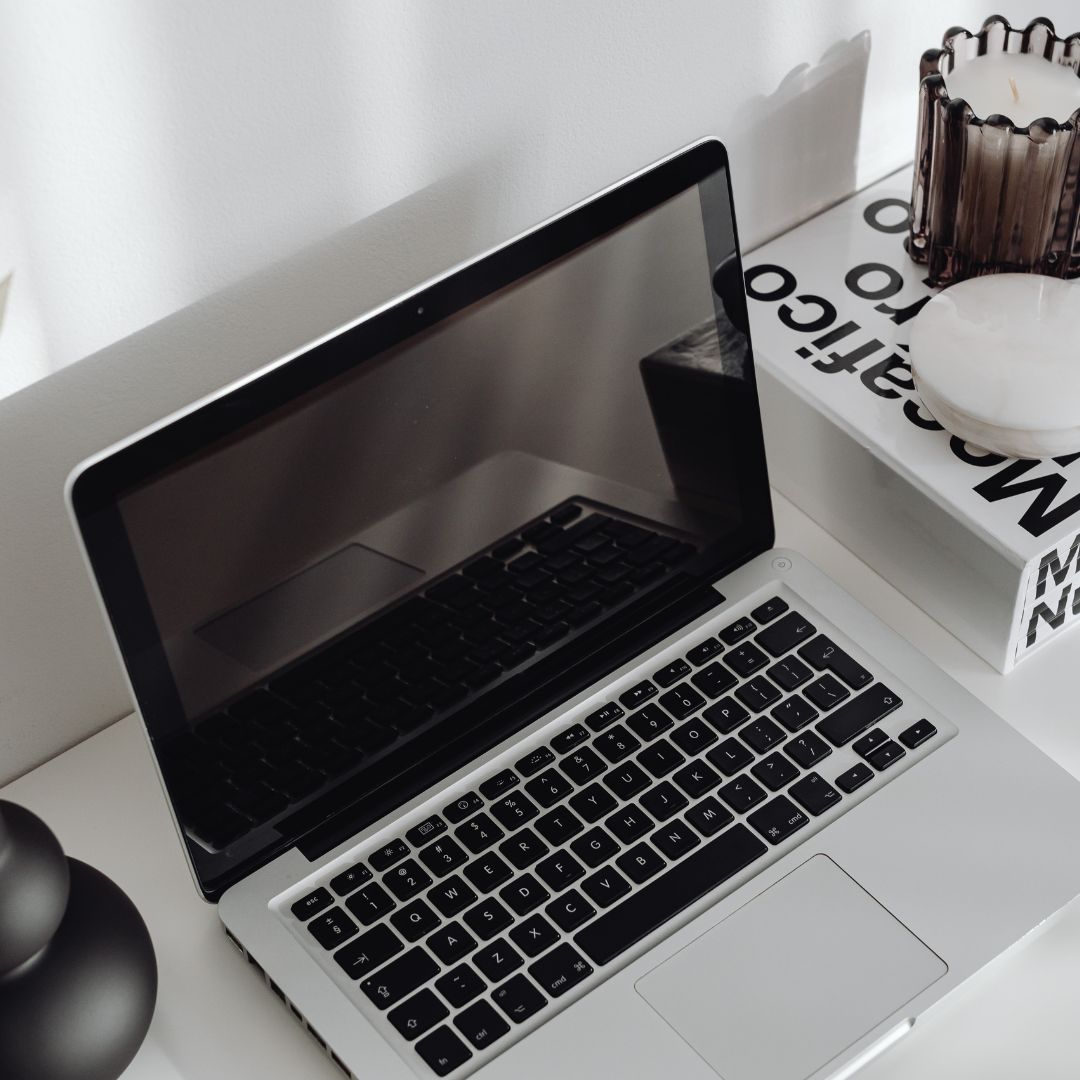
11.
Change your computer settings
Enable power-saving computer settings: have the screen turn off after three minutes and turn your computer off at night. This saves electricity and is more secure, protecting your privacy.

12.
Save hot water
Washing your clothes in cold water reduces energy use and helps clothes last longer. Try to hold off doing laundry until you have a full load—and air dry on a drying rack (it’s cheaper, too).
Comments & Discussion
Boston University moderates comments to facilitate an informed, substantive, civil conversation. Abusive, profane, self-promotional, misleading, incoherent or off-topic comments will be rejected. Moderators are staffed during regular business hours (EST) and can only accept comments written in English. Statistics or facts must include a citation or a link to the citation.